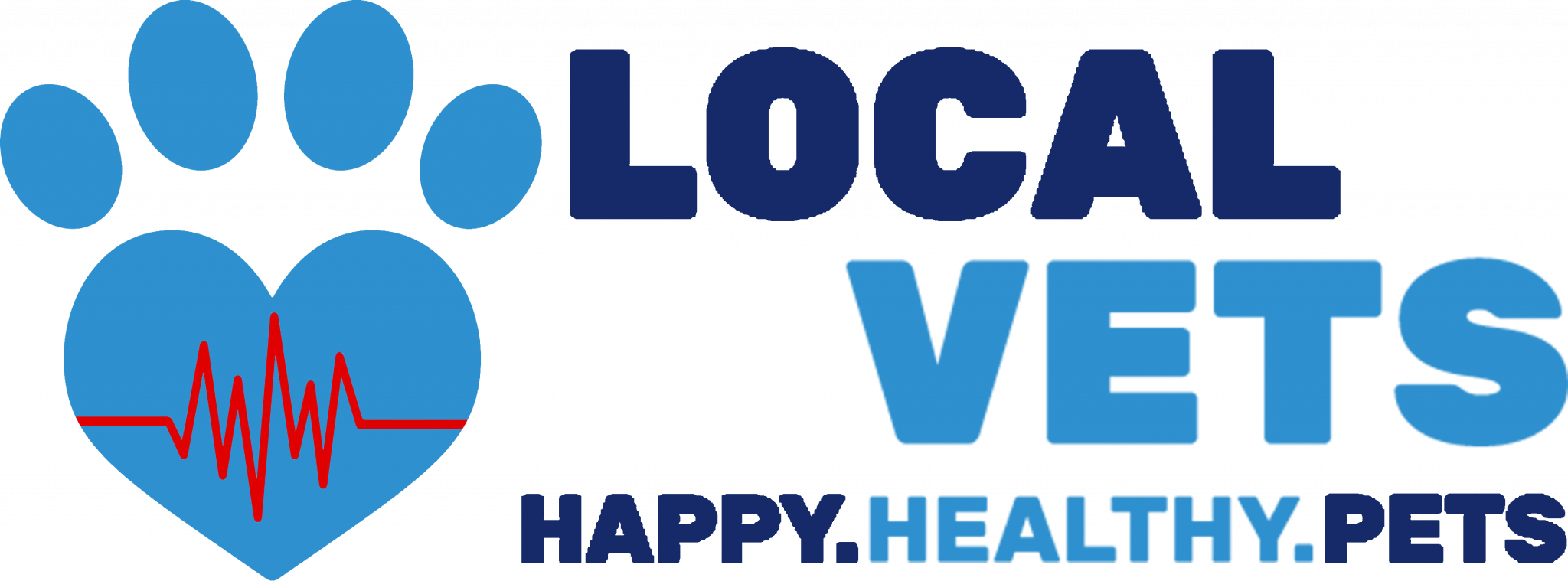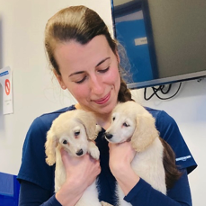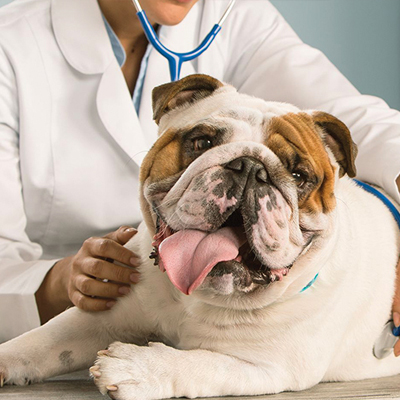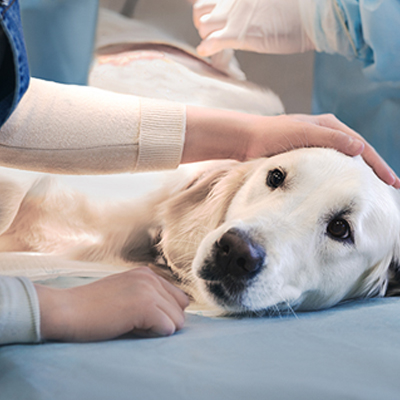Time to say goodbye to your dog.
It’s never easy saying goodbye to your beloved pet, whether it be due to old age or illness the team here at Local Vets are here to support you through this difficult time.
Read below for our FAQs or see our Dog Euthanasia page or if you're looking for information about Cat Euthanasia, click here.
Euthanasia FAQs:
Your vet will be able to help you by explaining what can be done medically to help your pet, what the limits are to treatment and what to do when that limit has been reached. However, you, as the owner and the person who knows your pet the best will be able to see if they are suffering or if their quality of life has diminished.
We feel you should ask yourself the following questions:
- Can they still eat, drink, sleep and move around reasonably comfortably?
- Does he or she respond to your presence and greet you?
- Does feeding time attract interest?
Yes, of course. We have a dedicated room for you to spend your final moments with your pet and say your final goodbyes. We handle each case individually and understand that each person’s grief is different; however, we will ALWAYS be, compassionate, honest and patient when the time comes. If you do not wish to be present, you can rely on us to treat your pet sympathetically even in your absence
It is important to understand what the body does when death occurs, it is never easy but we want you to be best prepared to witness the passing of your pet without unpleasant surprises. Consider taking some time off work to get over the event. Explain the situation to the receptionist when you make the appointment as you can often choose a quiet time for your visit to the surgery.
Euthanasia is typically carried out by injecting an overdose of anaesthetic. This may be slightly uncomfortable and as with all anaesthetics, there is a brief feeling of dizziness while it takes effect, unconsciousness follows within seconds. Death occurs within a couple of minutes when the heart stops beating, it may take a little longer if your pet suffers with poor circulation but the vet will be with you the entire time to explain step by step.
In the few minutes after death you may see reflex muscle movement and/or involuntary gasps, these are purely reflexes denoting that death has occurred. The eyes typically remain open and they may lose bladder control.
The vast majority of pets will go quickly and peacefully with very little distress but even if complications arise, the process will still prevent further long term suffering if you were to leave your pet untreated.
The Pet Bereavement Support Service is a telephone helpline and email service that offers such support to bereaved pet owners, through a national network of trained volunteer befrienders.
Telephone: 0800 096 6606 (seven days a week 8.30am-8.30pm)
Email: pbssmail@bluecross.org.uk






